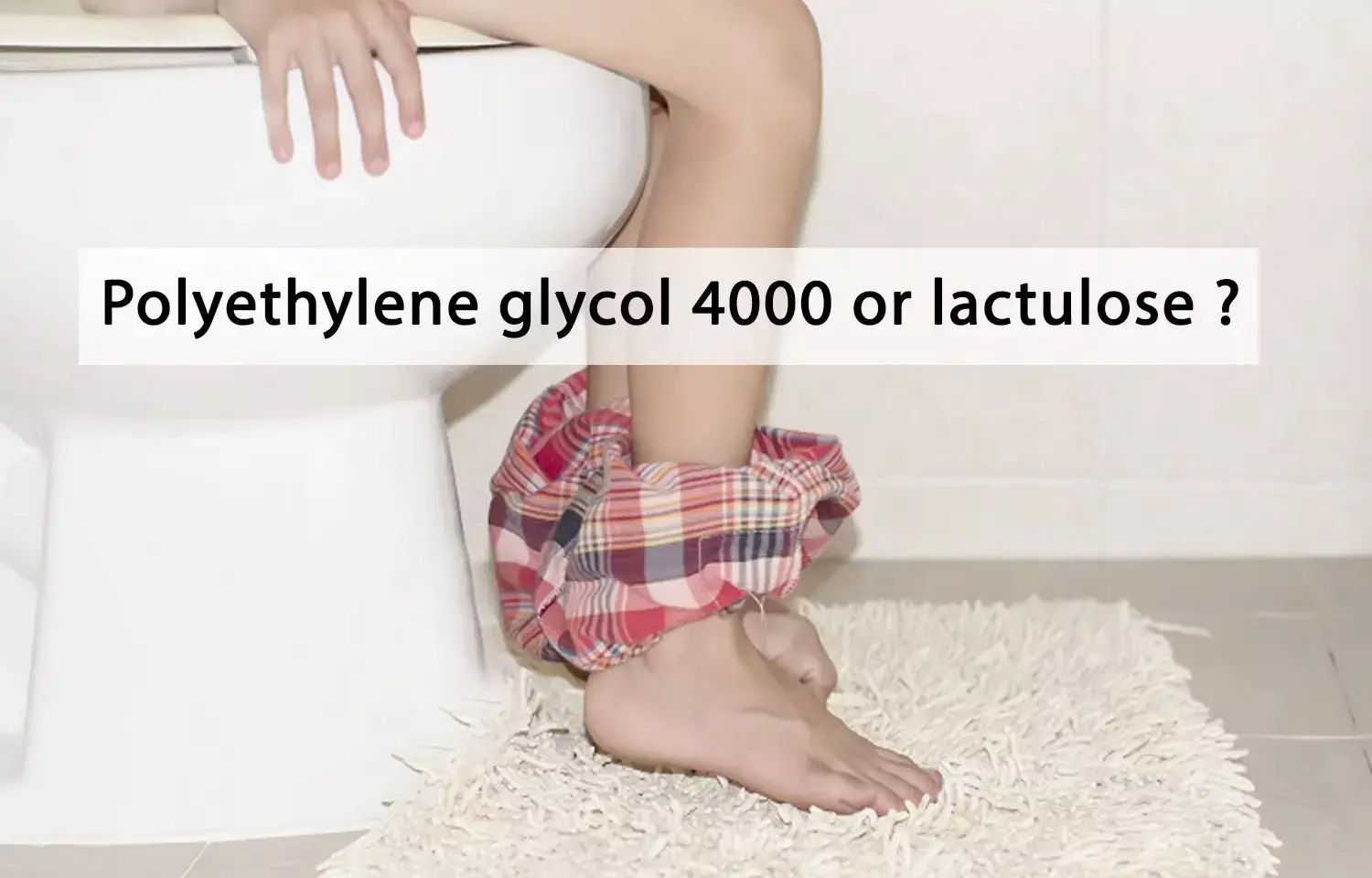- Home
- Medical news & Guidelines
- Anesthesiology
- Cardiology and CTVS
- Critical Care
- Dentistry
- Dermatology
- Diabetes and Endocrinology
- ENT
- Gastroenterology
- Medicine
- Nephrology
- Neurology
- Obstretics-Gynaecology
- Oncology
- Ophthalmology
- Orthopaedics
- Pediatrics-Neonatology
- Psychiatry
- Pulmonology
- Radiology
- Surgery
- Urology
- Laboratory Medicine
- Diet
- Nursing
- Paramedical
- Physiotherapy
- Health news
- Fact Check
- Bone Health Fact Check
- Brain Health Fact Check
- Cancer Related Fact Check
- Child Care Fact Check
- Dental and oral health fact check
- Diabetes and metabolic health fact check
- Diet and Nutrition Fact Check
- Eye and ENT Care Fact Check
- Fitness fact check
- Gut health fact check
- Heart health fact check
- Kidney health fact check
- Medical education fact check
- Men's health fact check
- Respiratory fact check
- Skin and hair care fact check
- Vaccine and Immunization fact check
- Women's health fact check
- AYUSH
- State News
- Andaman and Nicobar Islands
- Andhra Pradesh
- Arunachal Pradesh
- Assam
- Bihar
- Chandigarh
- Chattisgarh
- Dadra and Nagar Haveli
- Daman and Diu
- Delhi
- Goa
- Gujarat
- Haryana
- Himachal Pradesh
- Jammu & Kashmir
- Jharkhand
- Karnataka
- Kerala
- Ladakh
- Lakshadweep
- Madhya Pradesh
- Maharashtra
- Manipur
- Meghalaya
- Mizoram
- Nagaland
- Odisha
- Puducherry
- Punjab
- Rajasthan
- Sikkim
- Tamil Nadu
- Telangana
- Tripura
- Uttar Pradesh
- Uttrakhand
- West Bengal
- Medical Education
- Industry
Lactulose may not improve outcomes of hyperammonemia in ICU Patients, Find study

Lactulose routinely used to treat mild to moderate hyperammonemia in a set population did not improve outcomes as expected, reports a recent study published in the Journal of Intensive Care Medicine.
Nathan S Cutler and colleagues from the Department of Pulmonary and Critical Care Medicine, Naval Medical Center Portsmouth, VA, USA recently conducted a retrospective observational study with the objective where ICU patients with increased levels of ammonia without a clear hepatic etiology were reviewed. The study also compared the outcomes between those who received lactulose and those who did not.
The sample was selected from the medical, surgical, and subspecialty intensive care units where adults with ammonia levels above 50 μmol/L were included and excluding those with known chronic liver disease, inborn error of metabolism, active use of valproic acid, total bilirubin ≥ 2 μmol/L, or alanine aminotransferase ≥ 100 units/L.
Comparison in ICU length of stay (LOS), hospital LOS, in-hospital mortality, and mortality at 30 and 90 days were all the interventions utilized in the study
Criteria for inclusion were met in 103 cases as reported by the authors. Mean ammonia level was 75 μmol/L, with undetermined etiology in the majority of subjects. Lactulose was given in 48 cases (46.6%), with a median of 9.5 doses given.
There were no significant differences in outcomes between the lactulose and non-lactulose groups. Among subjects with multiple data points, lactulose did not have a dose-dependent effect on ammonia level, and was not associated with faster ammonia normalization compared to non-lactulose.
When analyzed separately, patients with moderate hyperammonemia (60-99 μmol/L) who received lactulose had longer hospital and ICU length of stay compared to non-lactulose (417.8 hours vs. 208.4 hours, P = 0.003, and 229.2 hours vs. 104.7 hours, P = 0.025; respectively), though confounders were present.
Therefore, the authors concluded that "routine use of lactulose to treat mild to moderate hyperammonemia in this patient population was not associated with improved outcomes."
Dr. Nandita Mohan is a practicing pediatric dentist with more than 5 years of clinical work experience. Along with this, she is equally interested in keeping herself up to date about the latest developments in the field of medicine and dentistry which is the driving force for her to be in association with Medical Dialogues. She also has her name attached with many publications; both national and international. She has pursued her BDS from Rajiv Gandhi University of Health Sciences, Bangalore and later went to enter her dream specialty (MDS) in the Department of Pedodontics and Preventive Dentistry from Pt. B.D. Sharma University of Health Sciences. Through all the years of experience, her core interest in learning something new has never stopped. She can be contacted at editorial@medicaldialogues.in. Contact no. 011-43720751
Dr Kamal Kant Kohli-MBBS, DTCD- a chest specialist with more than 30 years of practice and a flair for writing clinical articles, Dr Kamal Kant Kohli joined Medical Dialogues as a Chief Editor of Medical News. Besides writing articles, as an editor, he proofreads and verifies all the medical content published on Medical Dialogues including those coming from journals, studies,medical conferences,guidelines etc. Email: drkohli@medicaldialogues.in. Contact no. 011-43720751


